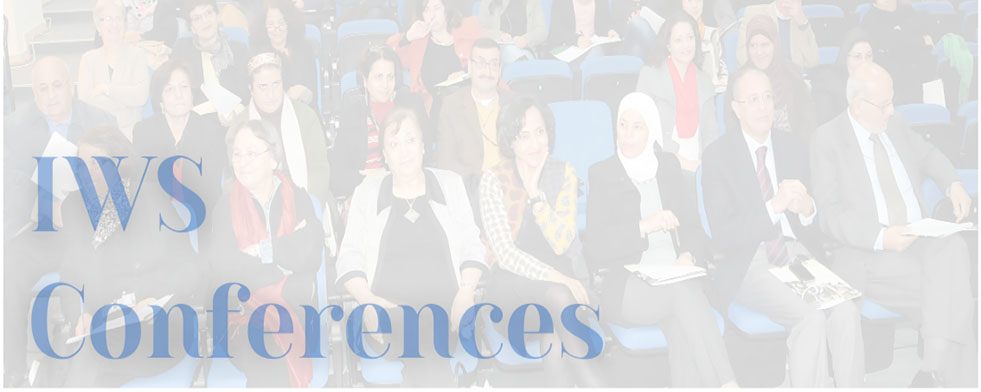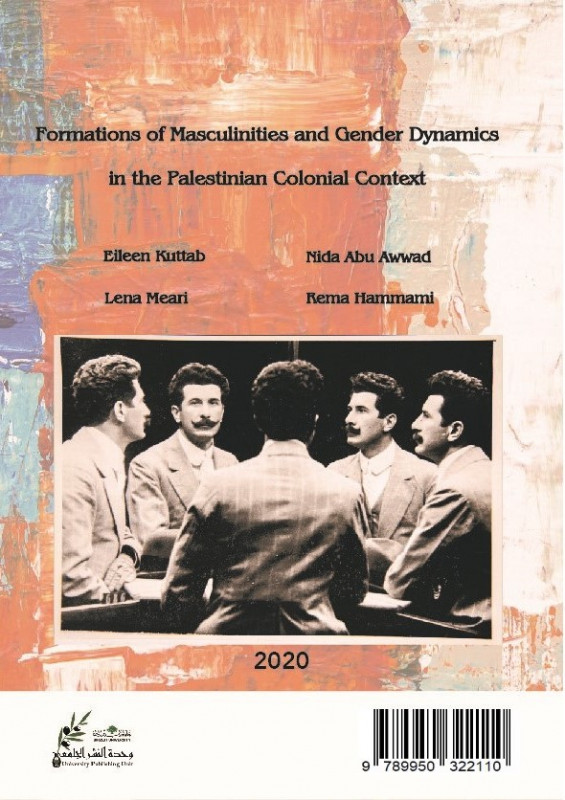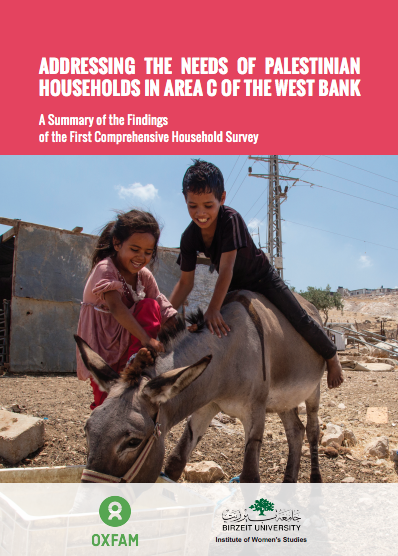Motives and working conditions of Palestinian women for Israeli Employers, al-Dhahiriya as a Case Study- pdf
Year: 2023
Author- Najwa Sandouqa Yaghi
Supervisor: Amira Silmi
Discussion Committee: Rema Hammami & Nidaa Abu Awwad
Abstract
This study is an attempt to examine the impact of the intersection between settler colonialism and the capitalist system on creating a new reality for women among the impoverished classes in rural Palestinian communities that live in border areas. This is based on various theories that have explored the impact of the transformations in modes of production resulting from settler colonialism and modernization, with their processes of dispossession on women in these communities.
This study focuses on poor women living in the town of Ad-Dhahiriya, located on the border with Palestinian lands occupied in 1948. It relies on qualitative research methods that ensure the presence and amplification of women’s voices and allows us to listen to their different experiences regarding the motivations and conditions of their work inside the Green Line and in the Zionist settlements.
The study demonstrates the impact of colonial settlement policies and capitalist policies on the production patterns in Ad-Dhahiriya throughout its historical stages, which deprived its farmers of their lands and turned them into surplus labour, thus changing the reality of women within the small farmer class, who were made poor as a result of modernization and settler colonialism policies. They were either forced to work as wage labourers for large landowners or had to leave the Ad-Dhahiriya to seek sources of livelihood for their families in other West Bank cities.
The study also shows that the colonial settler policies practiced by the Israeli occupation and the dependence of the Palestinian economy on the occupying state led to the employment of poor women from Ad-Dhahiriya inside the Green Line and in the Israeli settlements in coercive working conditions, that left the women between the hammer of capitalistic patriarchy and the anvil of neocolonialism. These conditions were aligned with patriarchal structures in Palestinian society, intertwining to shape the reality of multiple forms of oppression and exploitation experienced by these women.
The study further demonstrates that the adoption of free-market ideology and the lack of agricultural, employment, and service policies contributed to keeping these women and their families in poverty.
Download



